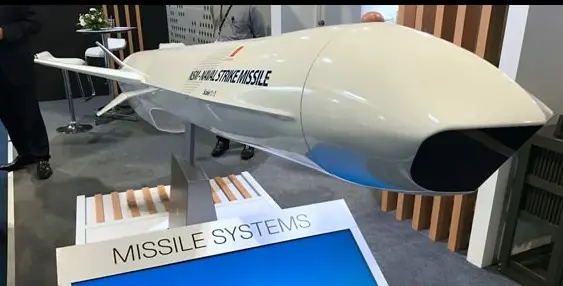The 43rd Tokyo Motor show concluded Sunday after attracting more than 887,000 visitors for its mass world premieres and innovative concept vehicles.
Like the previous 2011 show, all halls at Tokyo's Big Sight in Koto Ward were used, but this year's show indeed had a larger scale. A total of 426 models from 12 countries and regions participated in the show, exceeding the record number of 402 models in 2009.
Moreover, this year's show saw a hike in world premiers. According to the organizer, 53 world premiers were unveiled in Tokyo show 2009, while this year the number soared to 76 on top of 81 Japanese premieres.
All the major Japanese brands that make passenger cars, commercial vehicles and motorcycles put forward their world debuts this year. Since the Tokyo Motor Show is as important for the Japanese brands as the Frankfurt Auto Show for German and European brands, some people thought the passion of local carmakers sent a strong signal that Japanese auto market will embrace a coming boom.
Japan Automobile Manufacturers Association (JAMA) Chairman Akio Toyoda, also president of Toyota Motor Corp., declared at a news conference earlier this month that "We are back!"
Japanese car makers are eager to see an upturn of domestic demand after the international financial crisis and the disastrous earthquake and tsunami in 2011.
Thanks to the ultra loose monetary policy and massive fiscal stimulus adopted by Prime Minister Shinzo Abe's government, Japan seems to be getting out of deflation that has dogged its economy for two decades.
According to Japan Automobile Dealers Association, the country' s domestic sales of new cars, trucks and buses increased 17.3 percent from a year earlier in October, rising for the second consecutive month.
However, it remains to be seen whether the bustling market indicates a lasting boom or just a flash in the pan.
Some visitors told Xinhua at the exhibition that they want to buy cars only because the sales tax would be raised from 5 to 8 percent next April, which means the price of cars would increase accordingly.
As part of the efforts to reduce Japan's huge public debt, the Japanese government announced the sales tax hike decision in October, coupled with an economic stimulus package, including tax breaks for the corporate sector and new infrastructure investment, to cushion its negative impact on private consumption.
Analysts said the sales tax hike is a double-edged sword.
"What we see is that the consumption tax increase will hit consumption and the economy," Stephen Sheung, head of investment strategy at SHK Private in Hong Kong, said.
To some degree, the tax hike just brings forward the consumptive power ahead, he said.
Statistics showed that the growth pace of the world's third largest economy in the first three quarters of 2013 has showed a downturn trend, as of individual consumption.
From the motor show, whether the Japanese auto market is returning to a boom or not, we have to wait and see.
 简体中文
简体中文

